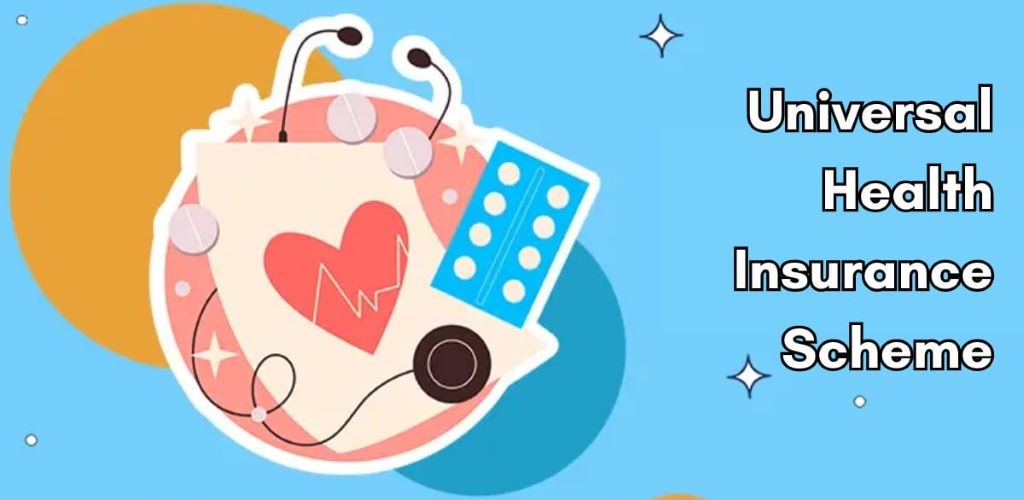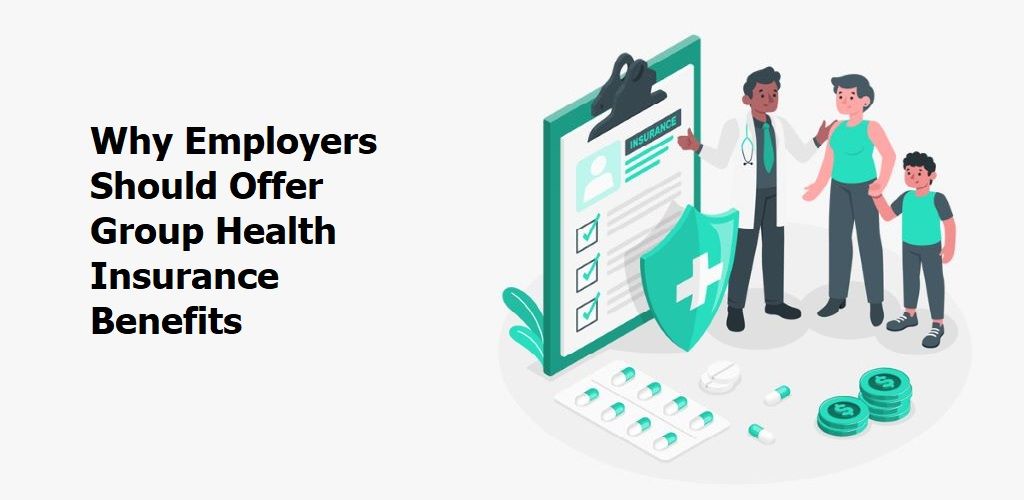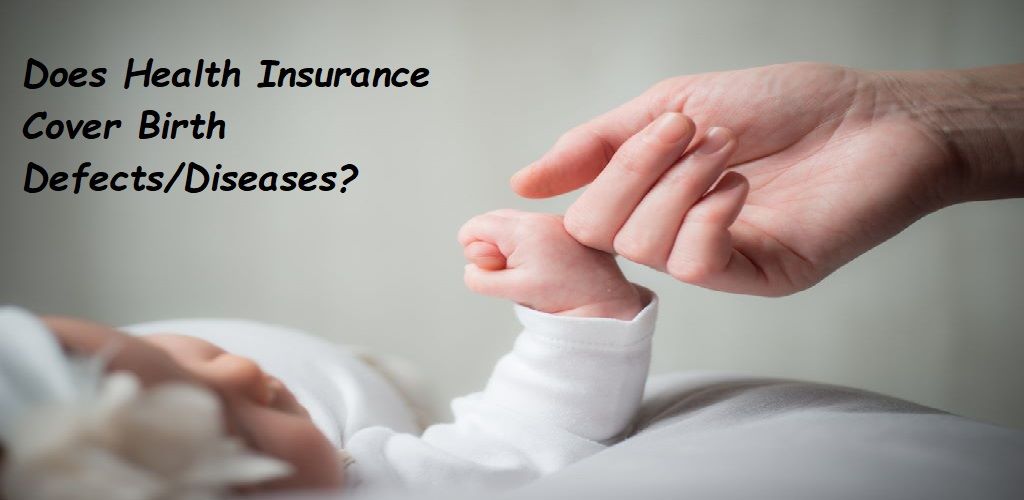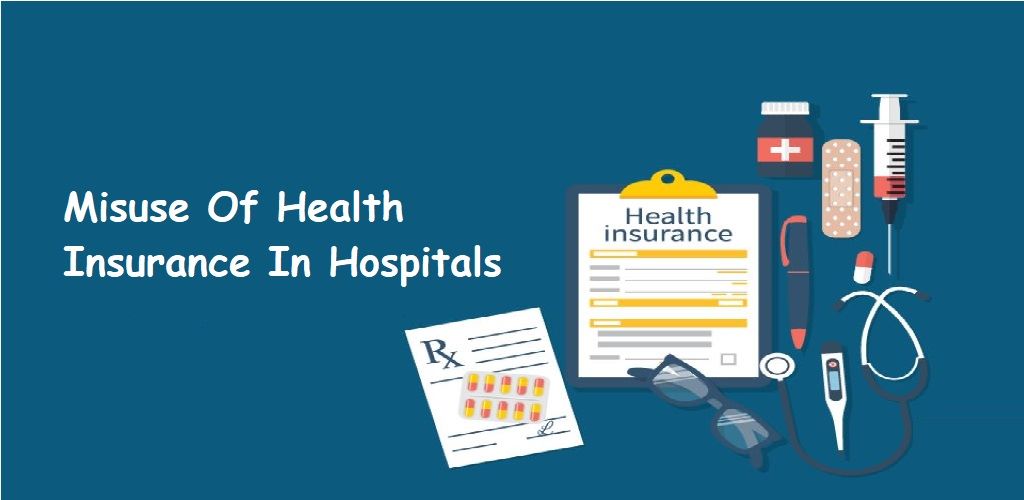What is Universal Health Insurance Scheme?
To help the most vulnerable members of society afford their medical care, the Ministry of Health and Family Welfare introduced the UHIS nationwide in 2003. The program was launched as a component of the ministry’s Universal Health Assurance Mission (UHAM) for those who fall below and over the poverty line (BPL and APL).
The scheme’s main goal is to increase access to free healthcare, especially for the most vulnerable members of society. In addition to covering medical costs, it also offers advantages such as personal accident insurance coverage for the principal wage earner and compensation for the family in the event of the breadwinner’s demise.
Eligibility Criteria
The insured’s eligibility for the UHIS depends on whether they fall within the BPL or APL category. The details are as follows:
Eligibility Requirements For Families In BPL:
- The family’s income should not exceed the cost of the insurance.
- A certification attesting to the family’s BPL status from the local Tehsildar or BDO of the Revenue Department.
- Must be between the ages of 5 and 70.
- If the parents are enrolled in the program, children between the ages of 3 months and 5 will also be covered.
Eligibility Criteria For APL Families:
- The family’s income must be more than the insurance payout.
- Must be between the ages of five and sixty-five.
- If the parents are covered by the policy, children between the ages of 3 months and 5 years are insured as well.
Features of The Universal Health Insurance Scheme (UHIS)
The provision of financial protection to cover the cost of healthcare services is the major goal of this health insurance program. Medical costs incurred when the insured individual is hospitalized for any illness, disease, or injury are reimbursed to the insured members. The following list of additional UHIS benefits is provided:
Other Benefits:
- Every family receives Rs. 30,000 as a hospitalization benefit, which also covers maternity fees and childbirth costs.
- The most that can be claimed is Rs. 15,000 (excluding maternity benefits).
Personal Accident Cover:
The insured will receive Rs. 25,000 if the main policyholder of the plan, the family’s head, passes away. This applies when an accident causes harm to the insured or the family’s primary breadwinner and if the injury results in death within six months of the accident.
Disability Compensation:
After a 3-day waiting period, the insurer will start paying Rs. 50 per day starting on the fourth day of hospitalization if the primary policyholder or spouse is admitted due to an illness, disease, or accident. The maximum is only 15 days per policy period, though.
Universal Health Insurance Scheme Premium Rates
Here is a table showing the Universal Health Insurance Scheme (UHIS) premium rates:
| Coverage | Premium Rate (Rs.) | Insured Share (Rs.) | Government Subsidy (Rs.) |
| Individual | 300 | 100 | 200 |
| Up to 5 Family Members | 450 | 150 | 300 |
| Up to 7 Family Members | 600 | 200 | 400 |
| Coverage | Premium Rate |
| Individual | Rs.365 |
| Up to 5 Family Members | Rs.548 |
| Up to 7 Family Members | Rs.730 |
Inclusions & Exclusions Under Universal Health Insurance Scheme
Inclusions:
Universal Health Insurance Scheme (UHIS) covers you for the following expenses:
- Room and board cost up to 0.5% of the insured amount.
- ICU room and board expenses up to 1% of the covered amount each day.
- Up to 15% of the amount covered per injury or illness may be spent on the costs of a surgeon, anesthetist, consultants, nursing, specialists, and medical practitioners.
- Up to Rs. 2,500 for a regular delivery and Rs. 5,000 for a c-section in maternity costs.
- Each family is entitled to a hospitalization benefit of Rs. 30,000 per insurance, which also covers maternity benefits.
- Personal accident coverage of Rs. 25,000 is provided if the insured or the family’s primary earner is hurt in an accident that results in death within six months of the unfortunate incident.
- Disability benefits: If the primary policyholder or the spouse is admitted to the hospital as a result of an illness, injury, or disease. In this instance, after a waiting period of three days of hospitalization, the insurer offers Rs. 50 as reimbursement starting on the fourth day. The benefit may be used for a total of 15 days.
Exclusions:
Below is the list of exclusions in the health scheme:
- Illness or harm brought on by invasion, terrorism, or conflict.
- Circumcision is only considered in the event of a medical emergency, an illness, or an accident.
- Contact lenses, hearing aids, and eyeglasses-related costs are not reimbursed.
- Cosmetic, corrective, or aesthetic dental surgery or treatment.
- Congenital or venereal illnesses.
- Cost of vitamins or tonics unless required for medication purposes.
- HIV/AIDS
- Death or injuries caused due to nuclear weapons
- Injuries due to self-inflictions.
- Attempted suicide.
- Suicide.
- Accidents or fatalities brought on by drug or alcohol use.
- Accidents involving an airplane or fatalities while participating in extreme sports.
- Serious injuries or fatalities brought on by criminally motivated legal violations.
How To Enroll Under the Universal Health Insurance Scheme?
You must speak with the relevant insurance company to apply for the UHIS; they will assist you.
Documents Required To Apply For The Universal Health Insurance Scheme
A certificate attesting to your BPL status from a revenue department employee with a minimum rank of Tehsildar or B.D.O. from the relevant state government.
Points to Remember:
- The premium will not be repaid if an insured individual is deleted from the policy after filing a claim.
- The policy can only be renewed with both parties’ agreement. When the policy is up for renewal, the health insurance company may or may not give any warning.
- Additionally, the insurance provider will repay the money on a prorated basis if the policy is cancelled. However, any claims that are filed under the policy’s terms and conditions would be denied by the insurance provider.
Frequently Asked Questions
Yes, there is a 15-day free look period from the policy’s start date to evaluate the terms and conditions for all individual policies, save for those with less than a year of tenure.
Yes. The insured, however, ought to have refrained from filing any claims throughout the free look time.
No, the Universal Health Insurance Scheme only extends the benefit to one kid. Additionally, there is a 12-month waiting period starting on the insurance policy’s start date.
No, this program does not cover drug experimental therapy that is not based on a recognized medical practice in India.








